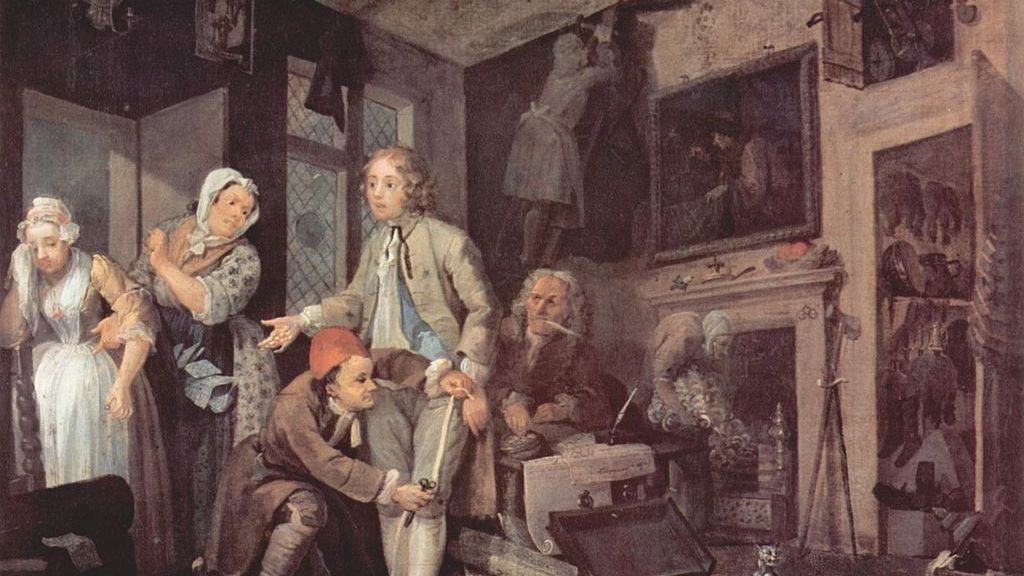Elgar’s “Cockaigne” (“In London Town”): Portrait of a Dynamic City
In 1777, the polymath Samuel Johnson wrote, famously, “When a man is tired of London, he is tired of life; for there is in London all that life can afford.” Sir Edward Elgar’s 1901 overture Cockaigne (In London Town), Op. 40, is a glittering portrait of this dynamic city on the Thames. In medieval mythology, Cockaigne represented an imaginary utopia filled with endless physical comforts, idleness, and pleasure. In the early years of the …







